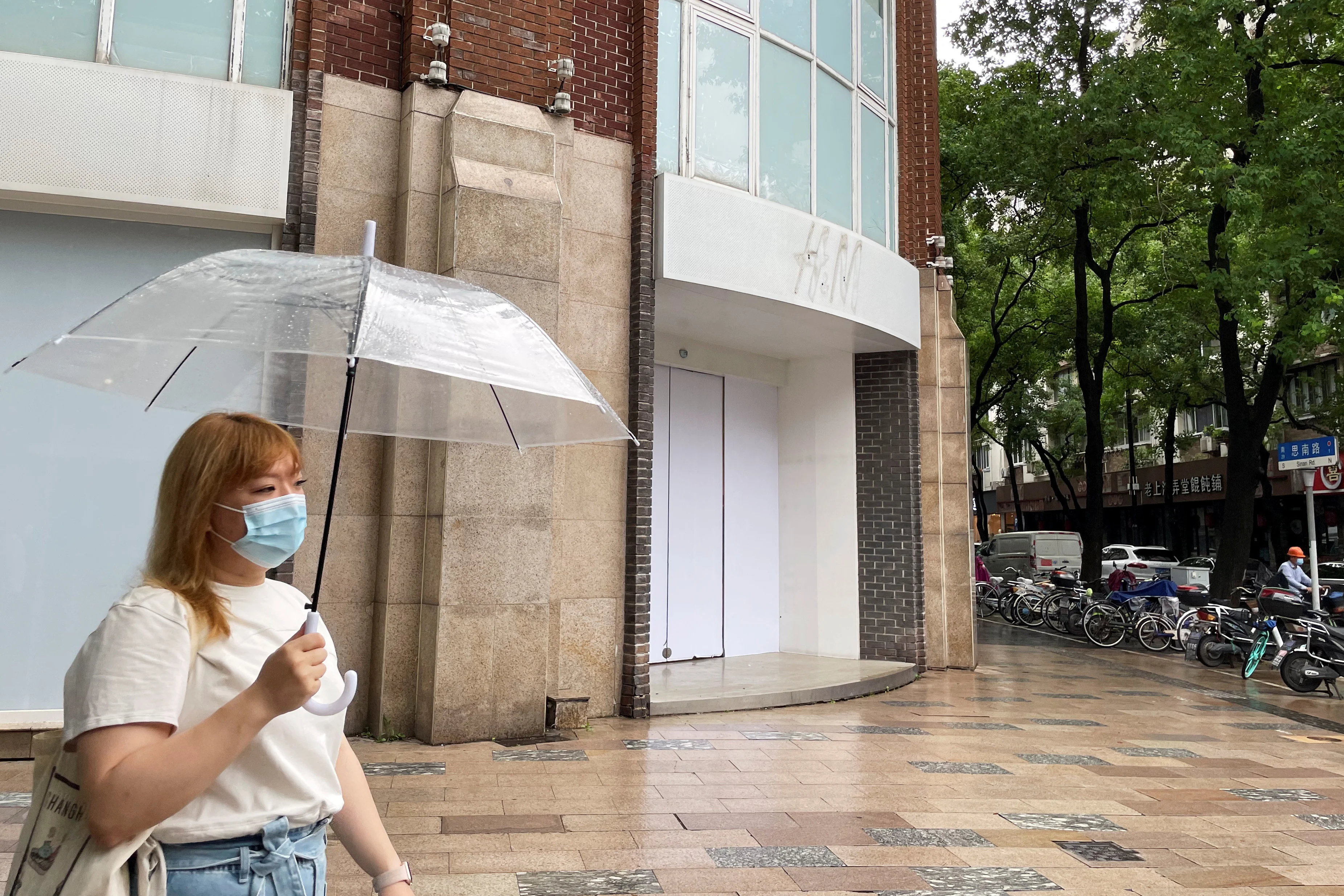Image: Reuters Berita 24 English - H&M has closed its flagship store in Shanghai. This is the company's latest closure in China, w...
 |
| Image: Reuters |
Berita 24 English - H&M has closed its flagship store in Shanghai. This is the company's latest closure in China, where consumer demand has dropped because of COVID-19 lockdowns and the fast-fashion retailer has taken the brunt of a backlash against companies that don't use cotton from Xinjiang.
The three-story building in downtown Shanghai was open earlier this month, but it was closed on Friday and the H&M sign was gone.
The second-largest fast-fashion store in the world entered China in 2007 with the opening of its flagship store in Shanghai and quickly grew. It had more than 500 stores in mainland China at the beginning of last year, but its website now only shows 376, including its flagship store in Shanghai.
The company wouldn't say anything because it was in a "blackout period" before reporting its first-half earnings on June 29.
Even though Shanghai's strict two-month lockdown has been over for almost a month, shoppers have not returned to malls in large numbers.
In 2021, when a letter came out in which H&M said it was worried about claims of forced labour in the Xinjiang region, Chinese people also stopped buying its clothes.
Other brands that have publicly disavowed Xinjiang cotton, like Inditex's Zara, Nike, and Adidas, have also been hurt by Chinese netizens calling for boycotts and Chinese celebrities refusing to work with them.
But H&M has gotten a lot of backlash because it was the first foreign store to say it was worried. Unlike other brands, its products are still not sold on Tmall and JD.com, which are two of China's largest online shopping sites.
Experts from the UN and rights groups say that over a million people, mostly Uyghurs and other Muslim minorities, have been held in camps in China's western Xinjiang region over the past few years.
A lot of former prisoners have said that they were abused and taught ideas in the camps. China says that all charges of abuse are false.






No comments